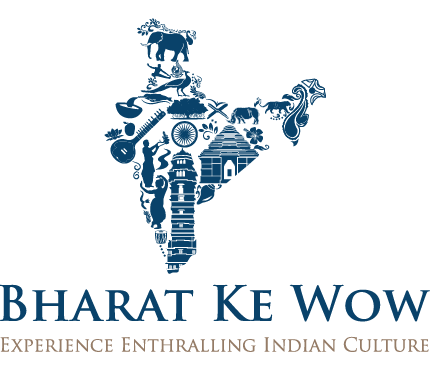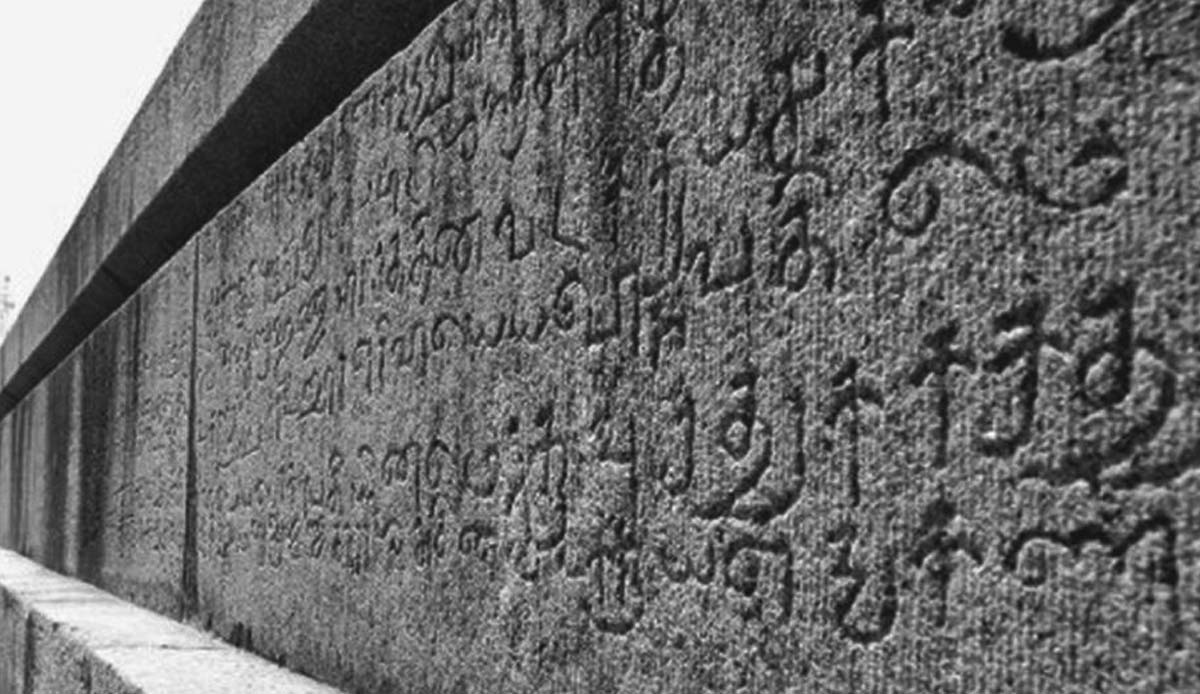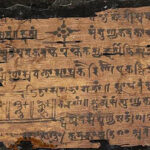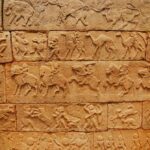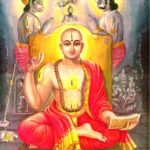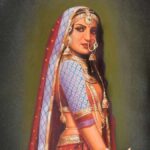Elections in Ancient Tamilnadu: A Glance at the Democratic Tradition
- Vijay Iyer
- August 11, 2023
- 0 Comment
One of the greatest contributions of democracy to human existence is the freedom of expression and participation in government affairs. While this concept is commonly associated with modern periods, it is intriguing to consider whether ancient civilizations, such as Tamilnadu, had governance systems that resembled democracy. This article explores the captivating world of ancient Tamilnadu elections and sheds light on the extraordinary democratic practises of the Chola dynasty.
Chola Dynasty and Popular Democracy
The Chola dynasty, which governed the southern region of India from approximately 850 to 1250 CE, is renowned for its administrative prowess, patronage of art and literature, and judicial systems. The Chola monarchs expressed their ideals and aspirations for a society in which every individual could live a full, free, and independent existence through their inscriptions and records. Their emphasis on harmony, cooperation, and contentment among individuals laid the groundwork for the grassroots democracy we recognise today.
Inscriptions and the Uttaramerur Constitution
The inscription of Raja Raja Chola II, dated 1150 CE, is a remarkable document that sheds light on the democratic practises of ancient Tamilnadu. These inscriptions, discovered in various regions of Tamilnadu, state explicitly that the Chola rulers sought to ensure the happiness and satisfaction of every individual in their dominion. However, the question arises as to how citizens participated in the administration of the nation and whether a written document comparable to a modern constitution existed.
The Uttaramerur inscription, dating back to roughly 920 CE during the reign of Parantaka Chola, is a remarkable historical artefact that sheds light on these concerns. This inscription near Chennai (in present-day Tamil Nadu) functions as a veritable written constitution of the village assembly that existed a millennium ago. It provides extraordinary information regarding the composition of wards, the qualifications and disqualifications for candidates, the mode of election, the formation of committees, and the authority to remove individuals who have violated the public trust.
Election Qualifications and Disqualifications
The Uttaramerur inscription specifies eligibility requirements for those seeking election to the village assembly. These requirements include an age limit (between 35 and 70 years old), the ownership of a minimal amount of immovable property (at least half a Veli of tax-paying land), and a minimum level of education. The purpose of these requirements was to ensure that elected officials had the necessary experience, maturity, and knowledge to effectively contribute to the administration of public affairs.
On the other hand, the inscription also includes a list of grievous disqualifications that would prevent individuals from voting. Among the disqualifying factors were failing to render proper accounts, accepting bribery, misappropriating property, acting against the interests of society, and engaging in incestuous relationships. In addition, the disqualifications extended to the culpable person’s relatives, highlighting the Chola society’s emphasis on moral values and behaviour in public life.
Mode of Election and Committee Operations
The Uttaramerur inscription provides detailed information about the ancient Tamilnadu electoral system. The village assembly divided the village into 30 wards, with each ward electing one representative. The names of qualified candidates were inscribed on individual leaves, which were then bundled and placed in pots. During elections, the village assembly would convene, and a young boy would arbitrarily select a leaf from each pot to determine the elected officials.
The elected members formed committees accountable for specific facets of government. The Annual Committee, comprised of knowledgeable and seasoned individuals, played the most important role. Other committees, such as the Garden Committee and the Tank Committee, were charged with specific responsibilities pertaining to agriculture, water management, and infrastructure. The accountability of committee members was ensured through periodic evaluations and the authority to dismiss offenders.
Ancient Tamilnadu’s Election System’s Benefits and Significance
The ancient election system of Tamilnadu exhibited numerous positive characteristics and accomplished remarkable results. The impersonal election process eliminated animosity and conflicts between candidates, nurturing a sense of harmony and equity. The system permitted all able and qualified individuals to participate actively, ensuring that everyone had equal opportunities to participate in village affairs. Term limits and restrictions on reelection prevented the consolidation of power and facilitated seamless generational transitions.
Moreover, the emphasis on ethical behaviour, moral principles, and responsibility ensured that only honest individuals were entrusted with public office. The strict disqualifications served as a deterrent against misconduct by requiring the immediate removal from office of those found culpable of offences. This dedication to ethical governance and community welfare contributed to the flourishing of art, architecture, literature, and public life during the Chola dynasty, also known as the golden age of Tamil civilization.
Challenges and the Legacy of Ancient Wisdom
Ancient Tamilnadu’s election system was exemplary in its efficacy and adherence to democratic principles, but the modern era has brought about significant changes and challenges. The introduction of political party systems and the prioritisation of party affiliations have occasionally overshadowed the village communities’ interests and sincere intentions. Village democracies have lost their vitality due to the lowering of age, security, and qualification requirements for voting.
The ancient Tamilnadu election system is evidence of the Chola dynasty’s wisdom and foresight. Their dedication to individual rights, grassroots democracy, and moral leadership paved the way for a prosperous and harmonious society. Learnable and adaptable lessons can be gleaned from the system’s efficacy, accountability, and emphasis on moral values. While it may not be possible to revive the ancient system in its entirety, comprehending its principles and incorporating them into contemporary political systems can result in more inclusive, transparent, and accountable government.


